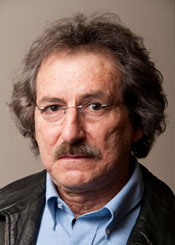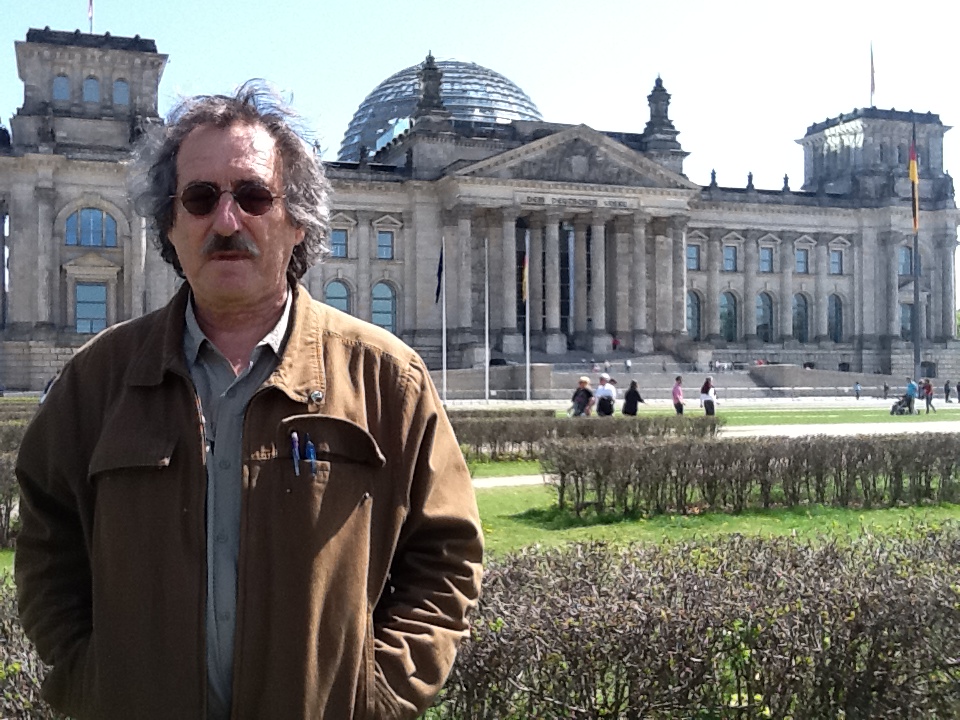
Eldred H. Chimowitz
Emeritus Professor of Chemical Engineering
PhD, University of Connecticut, 1982
- Office Location
- 4301 Wegmans Hall
- Telephone
- (585) 275-8497
- Fax
- (585) 273-1348
Books Authored
Chimowitz, E. H. "Introduction to Critical Phenomena in Fluids", Oxford University Press (2005) - Nominated for the Award for Excellence, Association of American Publishers, Professional/Scholarly Publishing Division.
Courses
ChE 272: Process Dynamics and Control
ChE 273: Process Design
ChE 485: Thermodynamics and Statistical Mechanics
Recent Publications
Zhang, G; Chimowitz, E.H., "Energy network optimization using a Markov Chain-Monte Carlo algorithm" International Journal of Engineering Sciences, 2018, 11(3) 82-94
Zhang, G.; Chimowitz, E.H., "Monte Carlo Method for Optimizing Energy Distribution Networks," Proceedings of 1st ASRES International Conference on Modeling, Analysis and Optimization (MAO - 2018), Amsterdam, 9-11 July 2018, pg 34-38
Chimowitz, E.H., "Statistical Physics: A Prelude and Fugue for Engineers," Physics Today, 2017, 70, 10, 62.
He, Y.; Shebert, G.; Chimowitz, E.H., "An Algorithm for Optimal Waste Heat Recovery from Chemical Processes," Computers and Chemical Engineering, 2015, 73, 17-22.
Lo´pez-Aranguren, P.; Vega, L.F.; Domingo C.; Chimowitz, E.H., “An Equation of State for Pore-Confied Fluids,”AIChE Journal, 2012, Vol. 58, No. 11.
Chen, C.-L.; Chimowitz, E.H., “A Priori Prediction of Diffusion Cage-trapping Exponent in the Dynamic Ising Model," Chemical Physics Letters, 2010, 485, 360-362.
Chen, C.-L.; Chimowitz, E.H., “Diffusion Scaling Through Structural Templates Given by the 3d Ising Model,” Chemical Physics Letters, 2009, 469, 210-213.
Chen, C.-L.; Shapir, Y.; Chimowitz, E.H., “Diffusion Trapping Times and Dynamic Percolation in an Ising System,” Journal of Chemical Physics, 2008, 129, 024701.

Research Overview
(1) Supercritical Waste Heat Recovery Processes for Power Generation. Supercritical fluids are explored as working fluids in cyclic thermally-driven power generation processes. We are especially interested in experimentally studying heat transfer in the critical region of binary supercritical fluid mixtures. These mixtures will provide a unique advantage over their pure component counterparts since one will be able to ‘tune’ the fluid mixture’s composition to maintain it in its critical region where heat transfer rates are highest. High heat transfer rates are an absolutely necessary requirement for any thermal-power process that recovers energy from low-temperature waste-heat input streams. (2) Complex Network Theory Applied to Power Distribution Systems. Complex network theory is an exciting area with a computational/theoretical bent. It has great potential applicability ranging from analyzing problems associated with the stability of the Internet to design of the future ‘Smart-Grid’ power distribution system. We are developing novel theory for analyzing the dynamic stochastic behavior of network structures akin to those found in power distribution systems. Our research will also provide a simulation platform for studying the stability of these complex interconnected systems as well as the allied communication and control systems needed to ensure efficient operation of the network.
Research Interests
- Critical Phenomena
- Supercritical Fluids
- Percolation
- Computer Simulation
